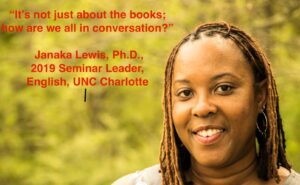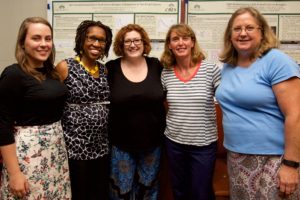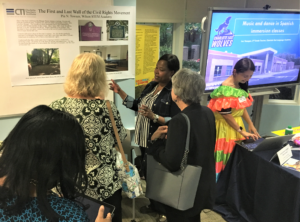Yasmin Forbes, Social Studies, Mallard Creek High
Synopsis
Women such as Sojouner Truth can be seen as a early women’s right advocate and abolitionist who exemplified Black feminist activism in the 19th century. She pursued Black community politics as a form of social justice and emphasized criticizing sexism from Black men, marginalization from white feminists, and disenfranchisement under white male privilege. During the 20th century Black women remained active and social justice movements. The role of Black women in social justice movements such as the Feminist/Woman’s Movment or the Civil Rights Movment are miminized or seen as secondary to thier white female and Black male counterparts. As intersectionality expanded into academic discourse, Black feminist saw intersectionality as integral to the distinction between their movement and that of the white feminism because “the major source of difficulty in our political work is that we are not just trying to fight oppression on one front or even two but instead to address a whole range of oppressions.” As a Black feminist scholar Kimberlé Crenshaw makes the case that mainstream feminism centered white women while mainstream antiracism focused only on the inequalities that Black men faced. Black feminism aims to empower Black women by developing new forms of knowledge based on critical scholarship that centers Black women in analyses of social issues that arise from a constructed system of oppression. This curriculum unit centers the voices of Black women in various social movements within the United States spanning the 19th, 20th, and the rise of 21st century social movements such as #BlackLivesMatter and #MeToo.











 Home
Home